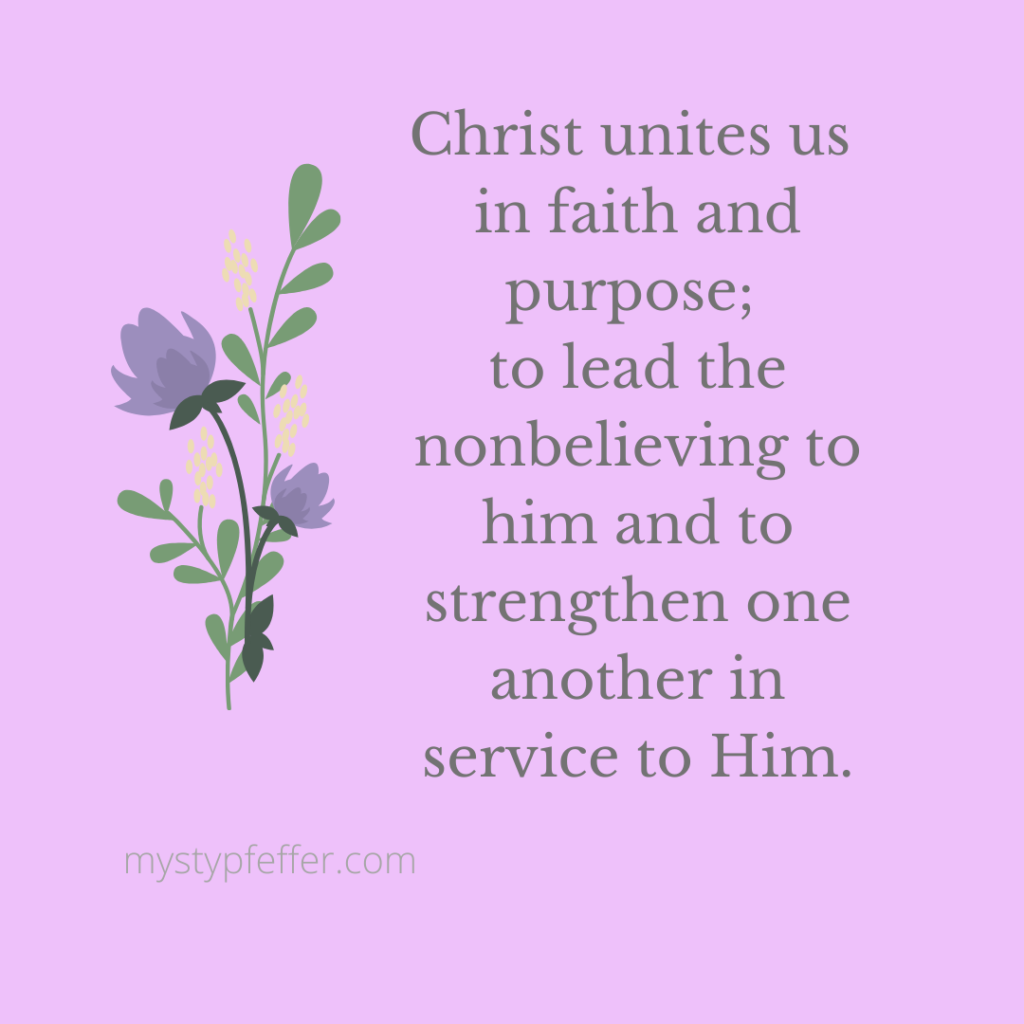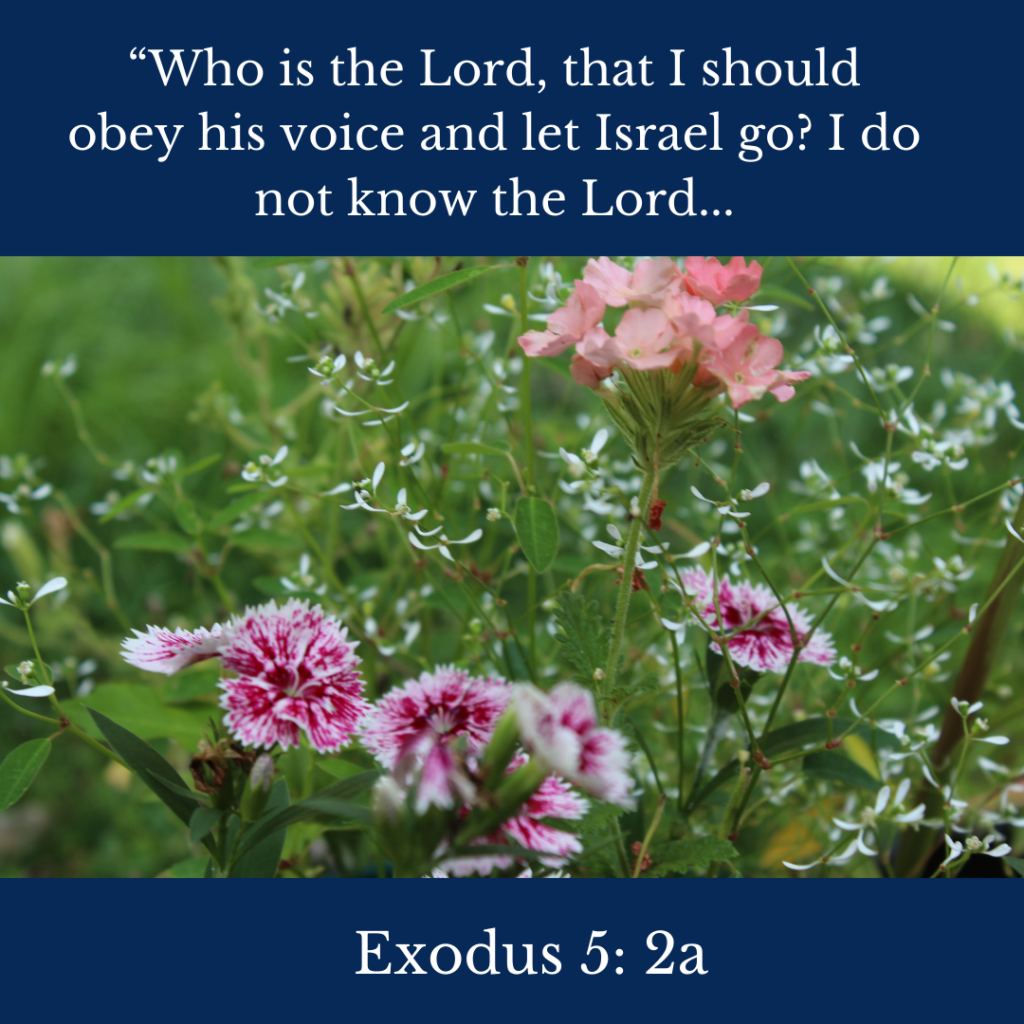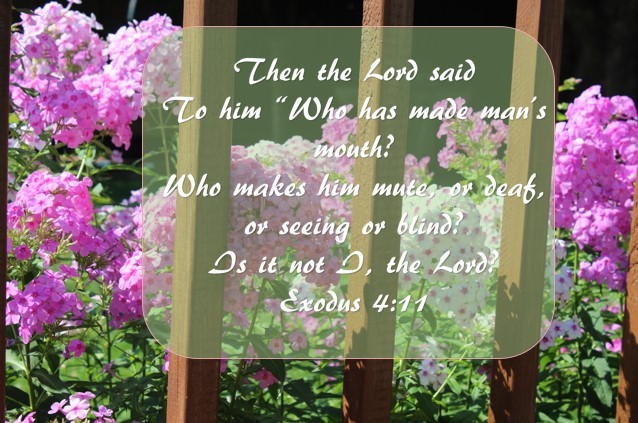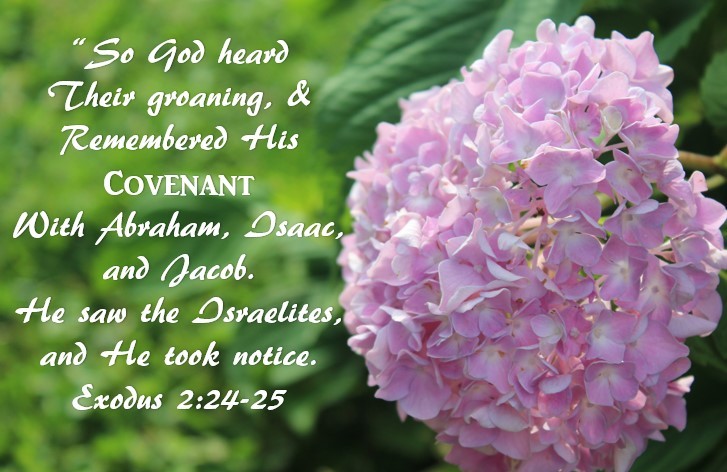You Will Endure, with God’s Direction
Exodus Chapter 18
“If you do this, God will direct you, you will be able to endure, and all this people also will go to their place in peace.”
We are finishing Exodus chapter 18 today and learning about how to endure with God’s direction. It’s a wonderful lesson, friend, so hang in there as we trudge through scripture with our hearts open to receive God’s word.
There will be a short break in the Exodus study until Jen Wilken’s second half of Exodus is released in January 2022. This way, the ladies stay on track with our study plans and I can keep you updated on what we learn from studying each chapter.
Please take a moment to read Exodus 18.
Moses’ father-in-law, Jethro, heard of all God had done for Moses and Israel in Egypt. He brings Zipporah and her two sons to Moses and greets him with profound respect and admiration. Moses shares the miraculous feats of the Lord to Jethro and how describes how the Lord delivered them. Jethro responds with a newfound understanding of who God is,
“Blessed be the LORD, who has delivered you out of the hand of Pharaoh and has delivered the people from under the hand of the Egyptians. Now I know that the LORD is greater than all gods, because in this affair they dealt arrogantly with the people.”
We don’t know what kind of “priest” Jethro was, but we can ascertain from this statement, He believed in more than one god, and was not a priest of the One True God. However, he becomes a believer, doesn’t he? He makes a sacrifice to God, and the elders of Israel come out to eat bread with him before God.
Jethro’s Direction Mirrors God’s in Numbers 11
The next day, Jethro witnesses Moses judging disputes between the people from sun-up until evening. We already know from reading Numbers chapter eleven the other day, that Moses had cried out to the Lord because of the burden of the people. At that time, they were given manna and quail to eat.
Furthermore, the Lord told Moses to gather seventy elders at the tent of meeting and said, “I will come down and talk with you there. And I will take some of the Spirit that is on you and put it on them, and they shall bear the burden of the people with you, so that you may not bear it yourself alone.”
He was not meant to bear the burden alone, and neither are we! Moses was to listen to the direction of God and endure with the help of the elders. A lesson we could learn too.
Moses’ newly believing father-in-law agrees. The New Testament writers also agree. Please look at the following verses.
Hebrews 10:24-26
And let us consider how to stir up one another to love and good works, not neglecting to meet together, as is the habit of some, but encouraging one another, and all the more as you see the Day drawing near.
Acts 1:13-15
13 And when they had entered, they went up to the upper room, where they were staying, Peter and John and James and Andrew, Philip and Thomas, Bartholomew and Matthew, James the son of Alphaeus and Simon the Zealot and Judas the son of James. All these with one accord were devoting themselves to prayer, together with the women and Mary the mother of Jesus, and his brothers.
Acts 15: 32-33
And Judas and Silas, who were themselves prophets, encouraged and strengthened the brothers with many words. And after they had spent some time, they were sent off in peace by the brothers to those who had sent them.
The apostles gathered together in prayer, met in counsel to discuss disputes, and encouraged one another with their words. They would never have endured persecution without that treasured time together. We need our time together too, as we face an anti-Christian and challenging culture.
Christ unites us in faith and purpose; to lead the nonbelieving to him and to strengthen one another in service to Him. We know he is before all things, and in him all things hold together (Col. 1:17). Not only that, but when we live as God directs, we will be able to endure whatever trials come upon us…together.
It’s a hopeful promise, friend, and one to remember as we face the days ahead. I look forward to completing Exodus 19-40 with you in January 2022 with the release of Jen Wilken’s next study! Until then, we will explore Jesus and Women by Kristi McLelland for a few weeks.







